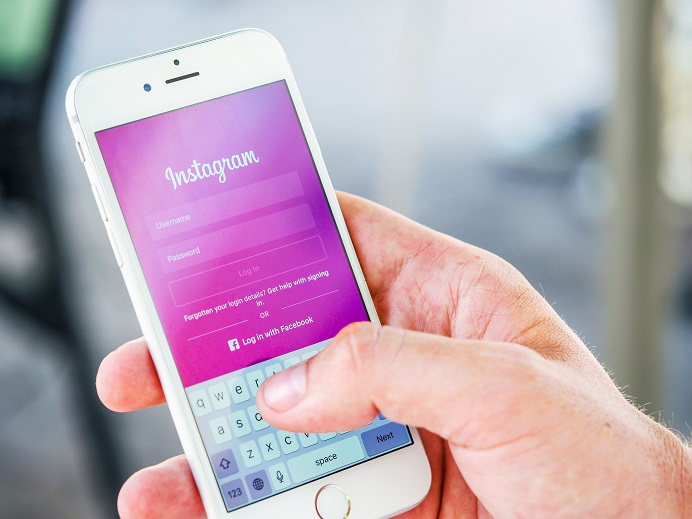Facebook has no intentions on changing its strategy despite its negative impact on users’ health.
Prolonged social media use can affect the mental health of users. While this may be common knowledge, until now, researchers have merely observed a correlation between deteriorating mental health and time spent online. A new study claims that Facebook and Instagram negatively impact mental health.
The study was first published in the American Economic Review and examines the decline of mental health following the roll-out of the platform to select college campus students in 2004, followed by widespread use. The soft roll-out proceeding widespread use allowed researchers to compare mental health data from surveys conducted on both the college campuses that used the platform and those without access. Researchers found that college students with Facebook access were 7 percent more likely to experienced increased levels of anxiety and depression when compared to the students who did not yet have it.
Well before Facebook, youth have been obsessed with comparing themselves to their peers. It’s part of human nature. However, Facebook and other social media sites give users direct data on how popular they are through an easily quantifiable metric: “likes.” According to a co-author of the study, Ro’ee Levy, the rising levels in anxiety may be best explained by “unfavorable social comparisons…[which] create jealousy.”

Ro’ee Levy is not the first researcher to observe that social media use promotes unrealistic social expectations among its many users. A Cambridge professor and author of many books including Alone Together, Sherry Turkle, has studied the effects of screen usage and social media dating back to 1995. In a media interview, Turkle claims that unrealistic expectations pressure users to “become actors in [their] own personal drama.” At the same time, however, many on social media still do not realize that they are comparing themselves to a curated performance of another individual.
Facebook is fully aware of the unrealistic expectations it places on its users. An internal study of the mental health of teenage girls using Instagram, a company which Facebook owns, shows that one in three of the teen girls find Instagram negatively impacts their body image. The platform is geared towards promoting social comparison and encourages users to post more and more content. Like Facebook, Instagram rewards users who post regularly, often by ranking their posts higher in their friend’s newsfeed. Each “like” releases a hit of dopamine.
Facebook and Instagram negatively impacting health seems to be a long-held track record of setting unrealistic expectations. However, the company has no plans to give users a dose of much-needed reality. On the contrary, Facebook has recently rebranded itself as Metaverse and now offers a virtual reality component to its services. One enters the Metaverse using VR goggles like Oculus (which is also owned by Facebook). While moving through a virtual world, it is easy to lose sight of oneself and the physical world.
Facebook primarily profits from ad revenues which are dependent upon the amount of time spent staring at a screen. This provides no incentive for Facebook to create anything other than an addiction machine for its users. In order to reclaim general mental health and well-being, society must hold tech giants accountable for the damage they are doing to both young people and the population at large.
Sources:
Facebook directly linked to decline in mental health, new study says
How we’re becoming slaves to technology, explained by an MIT sociologist
Instagram internal research: ‘We make body image issues worse for one in three teen girls’
How the metaverse blurs the line between virtual and reality


Join the conversation!